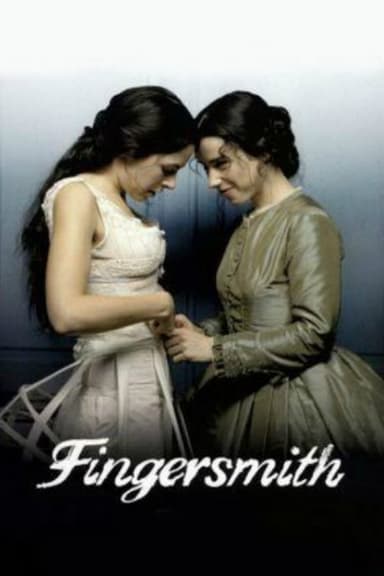
Moby Dick
1998 • Action & Adventure, Drama • TV-PG
The sole survivor of a lost whaling ship relates the tale of his captain's self-destructive obsession to hunt the white whale, Moby Dick.
Why you should read the novel
Reading Herman Melville’s Moby-Dick is an immersive experience that offers far more than an adventure at sea. The novel provides profound philosophical reflections, intricate character studies, and poetic descriptions, all conveyed through Melville's rich, inventive language. Engaging directly with the novel allows readers to appreciate the artistry and intent behind Melville’s unique narrative voice, which no adaptation can wholly capture.
Furthermore, the novel explores themes such as obsession, the nature of evil, and man’s relationship to nature and society, in a depth often condensed or overlooked in screen interpretations. The subtlety and ambiguity of Melville’s writing thrive on the page, rewarding attentive readers with layers of meaning and historical context. Each chapter offers new literary treasures, from cetology meditations to dramatic action sequences, keeping the reading experience varied and thought-provoking.
Choosing to read the book instead of watching the television series ensures that you engage with Melville’s vision in its original and most complete form. The complexity, humor, philosophical musings, and vivid minor characters—many of which may be simplified or omitted on screen—come to life in the novel. To understand why Moby-Dick is a cornerstone of American literature, there is no substitute for reading Melville’s text.
Adaptation differences
One of the most significant differences between the 1998 adaptation and Melville’s novel is the portrayal of Ahab’s character and his dynamic with the crew. While the television series presents Ahab as a singularly obsessed and tormented man, the novel provides a more nuanced depiction, exploring his charisma, vulnerability, and the gradual psychological grip he exerts over the crew. This complexity is difficult to fully portray within the limited runtime of the miniseries.
Another key difference is the simplification or omission of certain philosophical and reflective chapters that make up much of Melville’s text. The adaptation streamlines the narrative, focusing on the main plot and action, often at the expense of the novel’s extensive meditations on whales, whaling, and existential themes. These digressions, which many readers find challenging yet rewarding, are largely absent from the screen version.
Additionally, the relationships between characters—such as the friendship and cultural exchange between Ishmael and Queequeg—receive less detailed exploration in the adaptation. The richness and diversity of the novel’s cast, which includes vivid portraits of whalemen from around the world, are condensed or only briefly touched upon. This limits the scope of the social commentary present in Melville’s work.
Visual adaptations also struggle to capture the narrative voice and wit of Ishmael, the story’s narrator. The series necessarily reworks or omits much of his literary asides, humor, and philosophical commentary, which contribute greatly to the tone and texture of the novel. As a result, viewers do not experience the full range of Melville’s narrative innovation—which remains best enjoyed in the original text.
Moby Dick inspired from
Moby-Dick; or, The Whale
by Herman Melville

